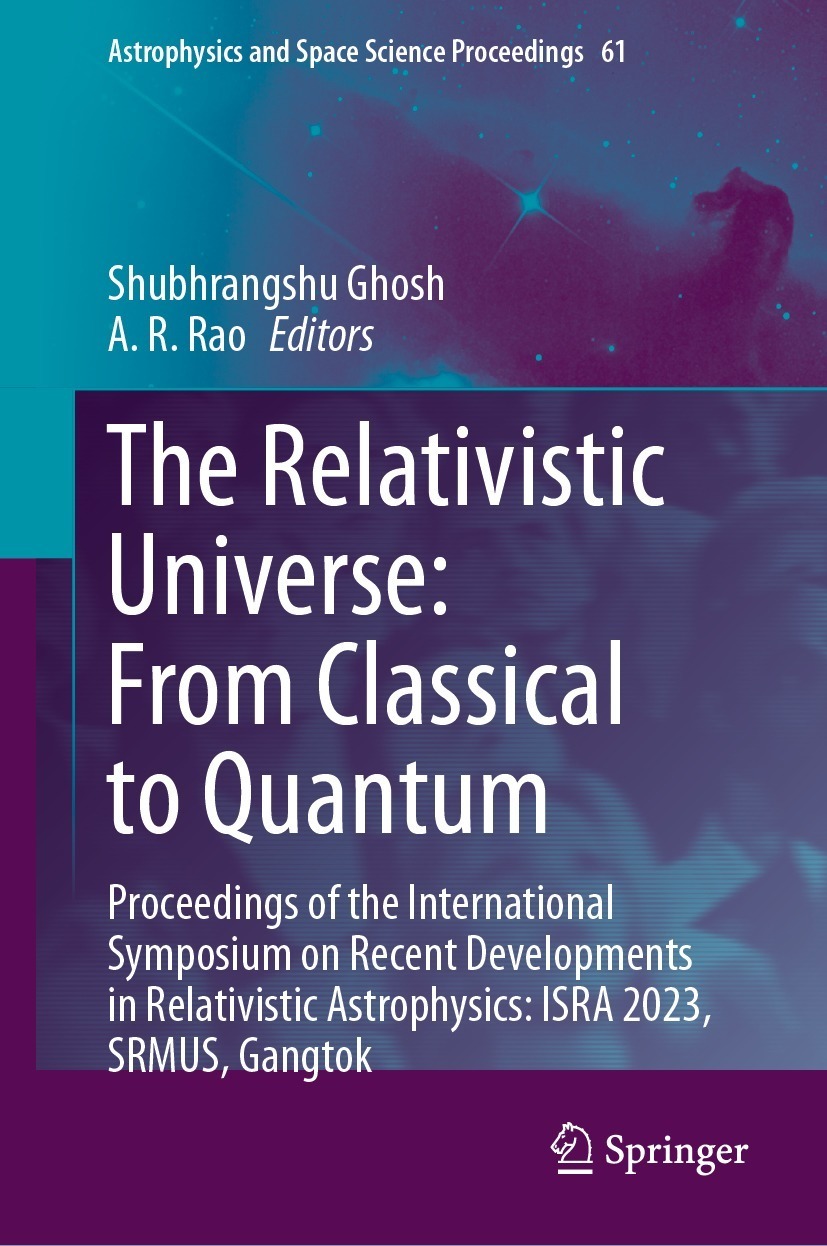
Objective Limits of Res Judicata
A Fundamental Right Established Between Security and Freedom
Series: SpringerBriefs in Law;
- Publisher's listprice EUR 53.49
-
22 184 Ft (21 128 Ft + 5% VAT)
The price is estimated because at the time of ordering we do not know what conversion rates will apply to HUF / product currency when the book arrives. In case HUF is weaker, the price increases slightly, in case HUF is stronger, the price goes lower slightly.
- Discount 20% (cc. 4 437 Ft off)
- Discounted price 17 748 Ft (16 902 Ft + 5% VAT)
Subcribe now and take benefit of a favourable price.
Subscribe
22 184 Ft

Availability
Not yet published.
Why don't you give exact delivery time?
Delivery time is estimated on our previous experiences. We give estimations only, because we order from outside Hungary, and the delivery time mainly depends on how quickly the publisher supplies the book. Faster or slower deliveries both happen, but we do our best to supply as quickly as possible.
Product details:
- Publisher Springer Nature Switzerland
- Date of Publication 26 October 2025
- ISBN 9783032074843
- Binding Paperback
- No. of pages87 pages
- Size 235x155 mm
- Language English
- Illustrations XV, 87 p. 698
Categories
Long description:
"
This book critically addresses one of the most complex issues in procedural law: the objective limits of res judicata. Particularly relevant in civil law countries such as Italy and Germany—and especially in Portugal—this topic has generated intense doctrinal debate. In an effort to circumvent the constraints imposed by the traditional model of the plea of res judicata and the triple identity test, Portuguese legal scholarship developed the concept of the authority of res judicata. However, the vague contours of this concept have led to doctrinal uncertainty and inconsistency.
Does res judicata extend only to the operative part of the judgment, or does it also encompass its reasoning? Is only the claim precluded, or also the cause of action? Which issues that arise during litigation are barred from future disputes? The more freedom allowed to relitigate such issues, the less legal certainty the decision provides. Conversely, the more stabilizing the decision, the narrower the scope for future litigation.
This work proposes an alternative to the perplexing approaches that have challenged jurists within the Romano-Germanic tradition—particularly in Portugal: res judicata should also extend to prejudicial questions, provided they were effectively litigated by the parties, with full procedural guarantees, and expressly decided. This proposal reflects an adaptation of the Anglo-American model of collateral estoppel, already partially adopted by Brazilian legislation, with a powerful pacifying effect.
The monograph is divided into three parts. The first examines the Anglo-American model of stabilizing judicial decisions, from the pre-Roman influence on res judicata to the Restatement (Second) of Judgments, including the requirements of nonmutual collateral estoppel, partially incorporated into Brazilian law. The second part explores the core concepts of the controversy—main and prejudicial issues, preclusion, res judicata, authority and plea of res judicata—and presents the tension between legal certainty and freedom at the heart of the fundamental right to res judicata, drawing on a profound insight by Zygmunt Bauman.
Ultimately, this book argues that its proposed framework offers a constitutionally sound interpretation of the fundamental right to res judicata, striking a careful balance between the prohibition of excessive restriction and the need to avoid insufficient legal protection. The third and final part turns to the procedural topology of res judicata—exploring where, within the complaint, defense, and judgment, the preclusive effect truly resides: whether in the claims, the causes of action, the operative part, or the reasoning. It also revisits the historic debate between Savigny and Chiovenda, suggesting that their positions may be more compatible than traditionally assumed. The analysis concludes that the subject matter of the dispute encompasses not only the principal issue but also the prejudicial questions that were effectively litigated, offering a critical perspective on the Italian legislative model, later adopted in Portugal and formerly in Brazil’s Code of Civil Procedure.
" MoreTable of Contents:
1. Introduction.- 2. The Anglo-Saxon solution: collateral estoppel and the judgement on the matter.- 3. The Roman-Germanic problems: in search of the fundamental legal conformation of the right to res judicata.- 4. The Constitutional Limits of Extending Res Judicata to Preliminary Issues.- 5. Conclusion.
More

Technology-Supported Teaching and Research Methods for Educators
67 189 HUF
61 814 HUF










